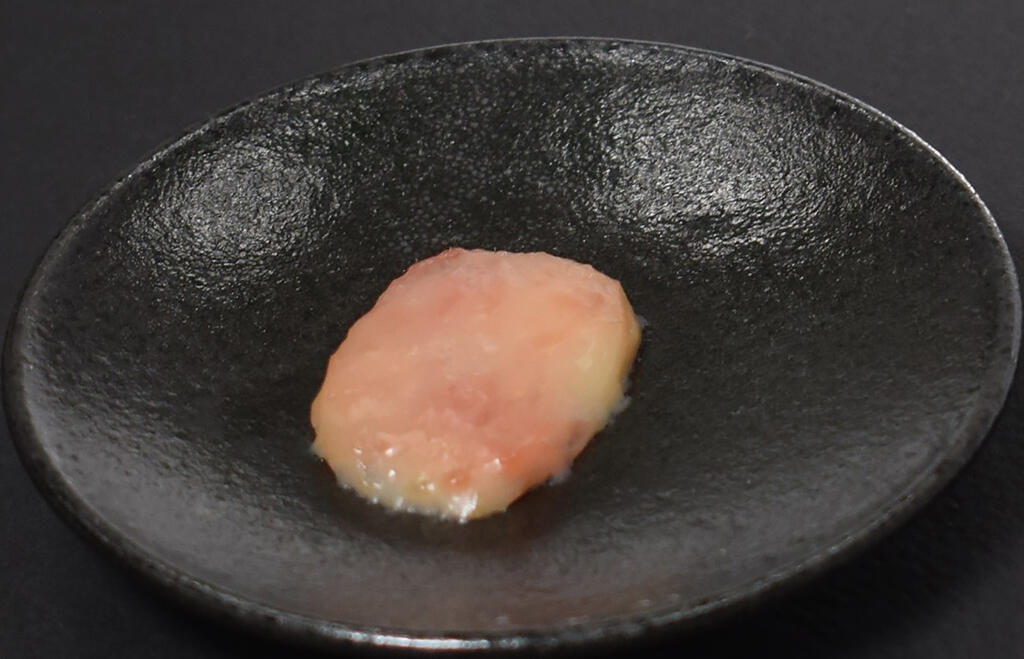Around 10% to 20% of the culture fluid needed when creating cultured meat consists of animal serum. For example, 100-200 liters of serum are needed for one ton of culture fluid, and for this 200-400 liters of animal serum is required. Bovine serum for research has a high cost of tens of thousands of yen for 100 milliliters, and even though creating cultured meat is said to have minimal burden on the Earth's environment, it consumes huge quantities of animal serum, which is the opposite of what is desired.

Nipponham (NH Foods Ltd.) have announced their discovery of a food substitute for serum. Researcher Ryo Segawa of the company's Research and Development Center commented, "In the trial calculations at the experiment level, we think the cost will be around one twentieth of a conventional product. Scaling up the product is a challenge for the future."
The experiments carried out for this study saw the researchers cultivate muscle cells taken from cows and chickens in culture in three groups: a group with serum added, a group without serum and a group with culture fluid that used certain foodstuffs. The results confirmed that while very little cell propagation was seen in the group without serum, the cell propagation in the group with certain foodstuffs added was almost the same as that of the group with added serum. Moreover, the researchers obtained different outcomes for beef and chicken, confirming that different food components are suited to promoting propagation for different species. They also cultivated cells derived from chicken in the culture fluid they developed, using 10-liter small-scale culture equipment for the experiment, and tried making prototype cultured meat (approx. 3.5×2.5 cm, 5 mm thick, 4.3 grams in weight). As the patent for this is pending, they did not clarify the actual name of the foodstuffs.
Kiyoshi Iwama, head of the Research and Development Center, commented, "Research on cultured meat is taking place all over the world - the important thing is a sense of security that involves reducing costs and creating an edible product. Singapore is the only country in the world in which you can legally sell cultured meat. As a food company, we need to provide goods in accordance with legislation. We surely also need some kind of legal standard for food products in Japan."
This article has been translated by JST with permission from The Science News Ltd.(https://sci-news.co.jp/). Unauthorized reproduction of the article and photographs is prohibited.




